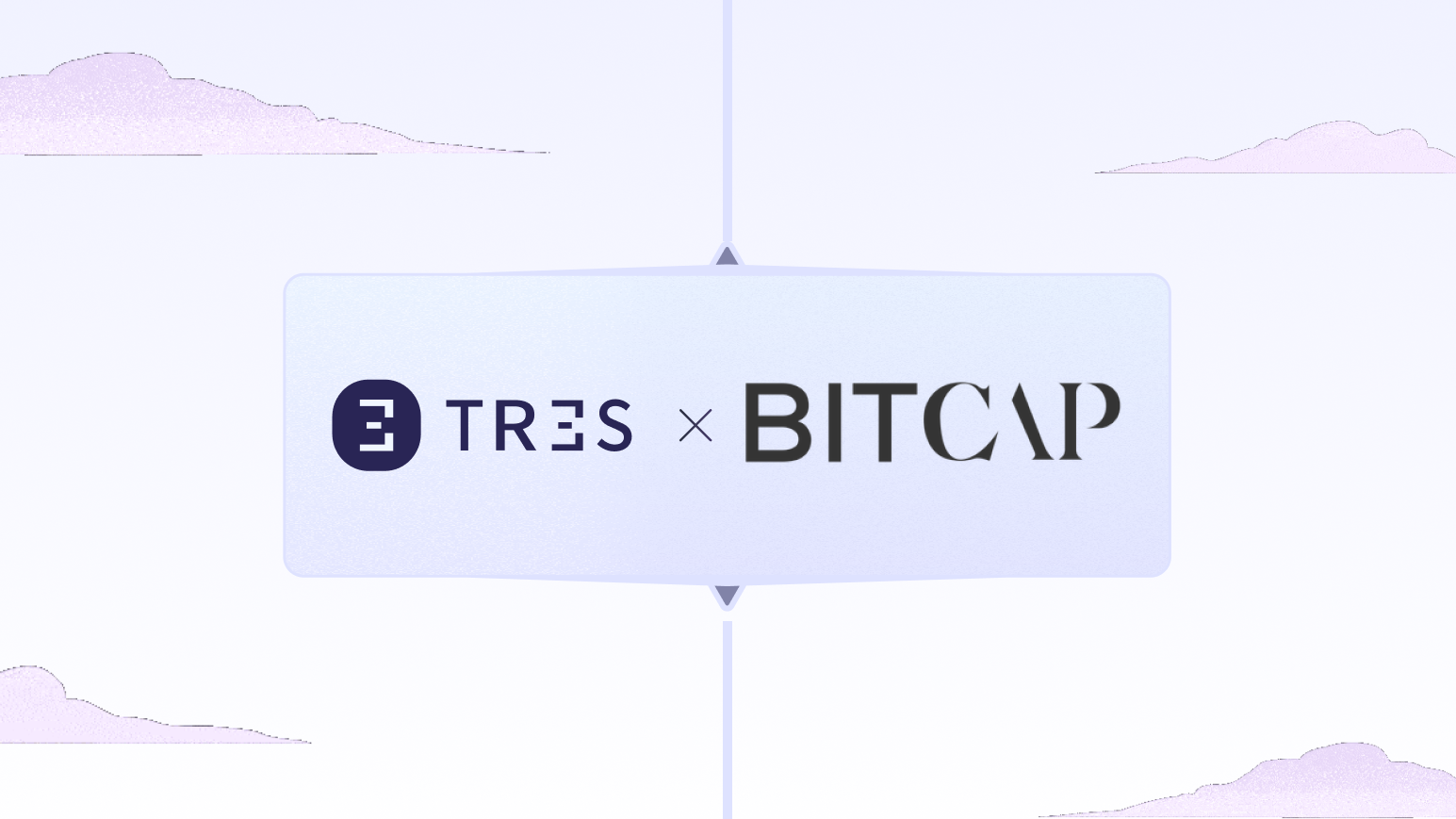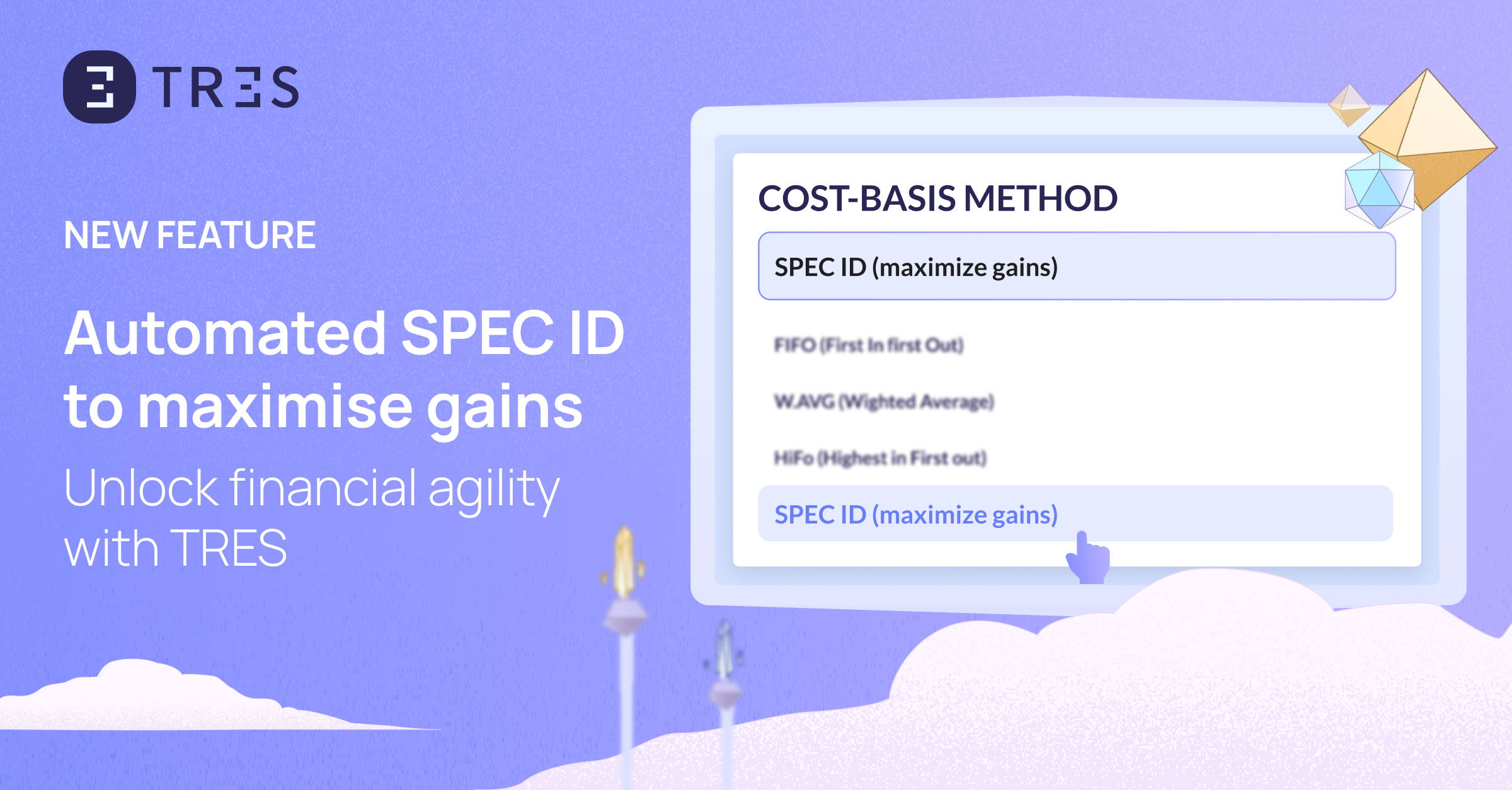Ethereum is a technology for building apps and organizations, holding assets, transacting and communicating without being controlled by a central authority. There is no need to hand over all your personal details to use Ethereum – you keep control of your own data and what is being shared. Ethereum has its own cryptocurrency, Ether, which is used to pay for certain activities on the Ethereum network.
What is the difference between Ethereum and Bitcoin?
Launched in 2015, Ethereum builds on Bitcoin’s innovation, with some big differences.
Both let you use digital money without payment providers or banks. But Ethereum is programmable, so you can also build and deploy decentralized applications on its network.
Ethereum being programmable means that you can build apps that use the blockchain to store data or control what your app can do. This results in a general purpose blockchain that can be programmed to do anything. As there is no limit to what Ethereum can do, it allows for great innovation to happen on the Ethereum network.
While Bitcoin is only a payment network, Ethereum is more like a marketplace of financial services, games, social networks and other apps that respect your privacy and cannot censor you.
What are smart contracts?
Smart contracts are simply computer programs living on the Ethereum blockchain. They only execute when triggered by a transaction from a user (or another contract). They make Ethereum very flexible in what it can do and distinguish it from other cryptocurrencies. These programs are what we now call decentralized apps, or dapps.
Have you ever used a product that changed its terms of service? Or removed a feature you found useful? Once a smart contract is published to Ethereum, it will be online and operational for as long as Ethereum exists. Not even the author can take it down. Since smart contracts are automated, they do not discriminate against any user and are always ready to use.
Supported features
Supported
Supported
Supported
Supported
Supported

